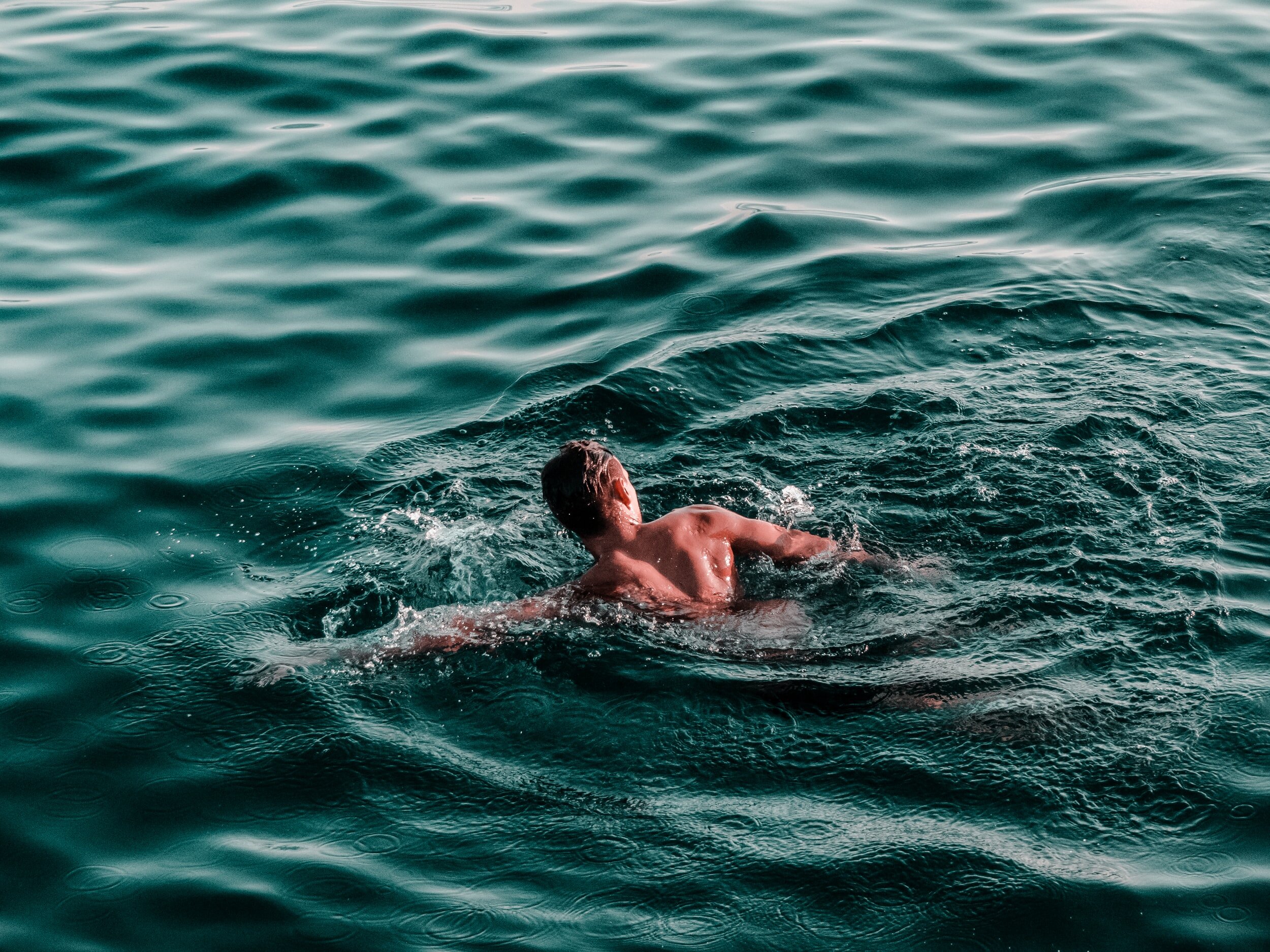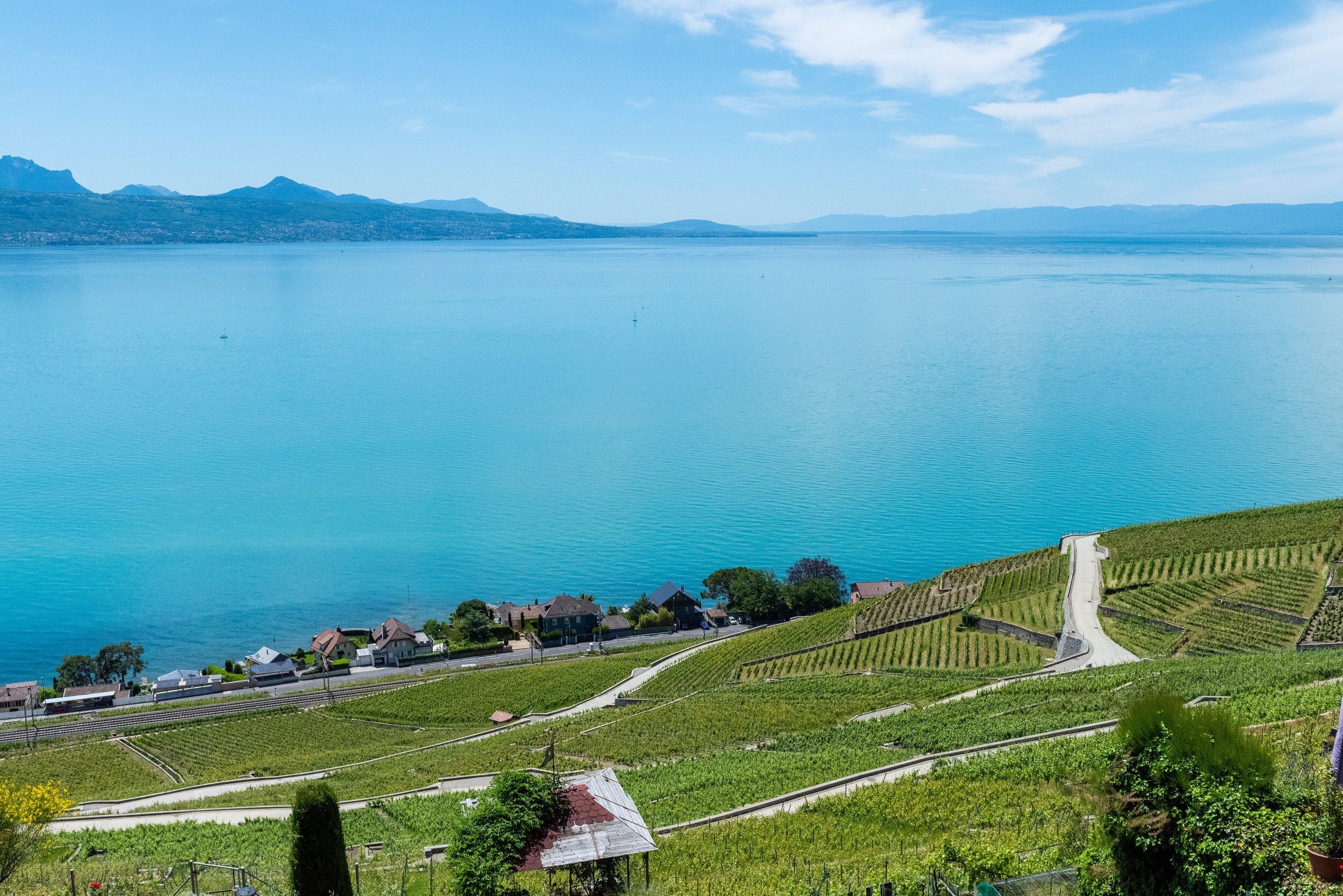5 tips for your next big swim from marathon swimmer Jaimie Monahan
On Thursday 23 September, Jaimie Monahan joined us for our first English webinar. Jaimie Monahan is a recognised marathon and Ice Swimmer from New York, USA. She was the winner of the 2016 International Winter Swimming Association's World Cup and has represented the United States at many events across the world.
In 2015 Jaimie became the first American to swim the length of Lake Geneva in 32 hours 52 minutes 14 seconds.
The first thing we talked about in the webinar was the definition of a big swim. While Jaimie has swum some amazing distances, her definition of a big swim was very modest.
It depends on the person and his experience, she said. For your big swim is the swim you’re looking to do next. This could be a 14km race, or if you are starting, it could be going from 200m to 1km. A big race is a race that challenges you.
How to prepare for a big race?
As you start thinking about your big swim, there is so much to consider about. Travel, logistics, feed schedule, finding a team, how long you are going to swim, and much more.
When we asked Jaimie how she combined everything, she mentioned that one of the most difficult aspects for her was time management. One week or one month might look completely different from the rest of the year. You might have more work, or something might happen in your family. The trick to keep swimming is staying motivated.
Jaimie’s tip was to write everything down. Write down the meters or kilometres you are going to swim, keep a list of milestones and don’t forget why you’re swimming. Another tip was to block time in advance and try to protect it as much a possible.
How to manage the budget for your big race?
A question that often comes around is the question of budget. Swimming is a sport that comes with some extra costs that become even more clear when you start planning a swim abroad.
In the webinar, Jaimie points out that budget is more than thinking about how to prepare your swim. You have to think of every aspect of the swim and its cost. How much does the pool cost? How much does a wetsuit cost? Or could you spend that money on a better flight so you get well rested to your destination?
LGSA helps you to swim in Lake Geneva
In the end, swimming should be enjoyable. A very tight budget might affect your enjoyment. If you have a reduced budget, you will have to work with what you have and with what you can do.
How to train for a big swim?
There is a tendency to think that we always should swim more and more kilometres. Training is very often reduced to the time you spend in the water and the more time you spend in the water, the better.
But Jaimie says that everything can be training. It’s not about swimming more kilometres but about finding creative ways to keep training. Yoga, weight training, whatever works for you.
The biggest danger in preparing for a big swim is overtraining. If you’re undertrained, you could get by mentally. But with overtraining, you could harm yourself in the long run.
If you feel crap 100% per cent of the time while training, that’s what we call overtraining. If you feel pretty good while training, that could be a sign that you could train a little harder. And if you feel great all the time while training that means that you should train a little harder.
How to choose the right support team?
Even before starting to tackle a goal, Jaimie suggests that you visit a coach and get your stroke checked. A good swim stroke is the first step to completing your big swim. With a coach, you could also discuss a swim plan, which is a key to success because it keeps you on track.
When the training is underway, it’s important to get your team together. Many swimmers choose their coaches or swim buddies to come along on the journey. When you prepare for a race, make sure your support person comes along on the boat, suggests Jaimie. Ideally, your team consists of people that know you, people that know your stroke, and know your feed plan.
How to handle feeding?
If you are thinking about a big race for the first time, sooner or later you’ll have to start thinking about feeding. Yet, it does depend on the distance you’re going to swim. If it’s a swim that stays below 10km, says Jaimie, you will probably not need to feed.
Anything over 10km you will need to feed every 30 minutes to 1 hour. The standard advice is to feed your first feed after an hour, and then see if you need to feed every 30 minutes or every hour.
Another good piece of advice is that you should cut chitchat while feeding. Let’s say that you take 5 minutes at every feed. This is going to add time to your swim, which could make or break your race.
Do you have more questions about preparing for your big race?
You can hear the whole webinar here in which Jaimie discusses in more detail the aspects that come with preparing a big swim. If your question is not answered at the end, feel free to contact us and we will help you the best we can.
Need some inspiration for your next big swim? For those who are looking for the biggest challenges in open water swimming, we’re organizing the Signature Swim, a 70km swim in Lake Geneva. If you’re looking to start smaller, you should have a look at our Clasique event.




